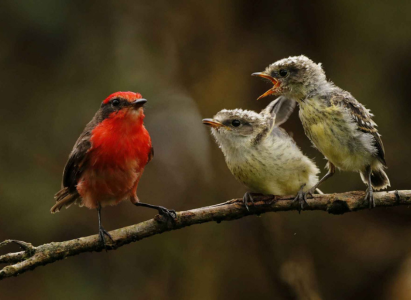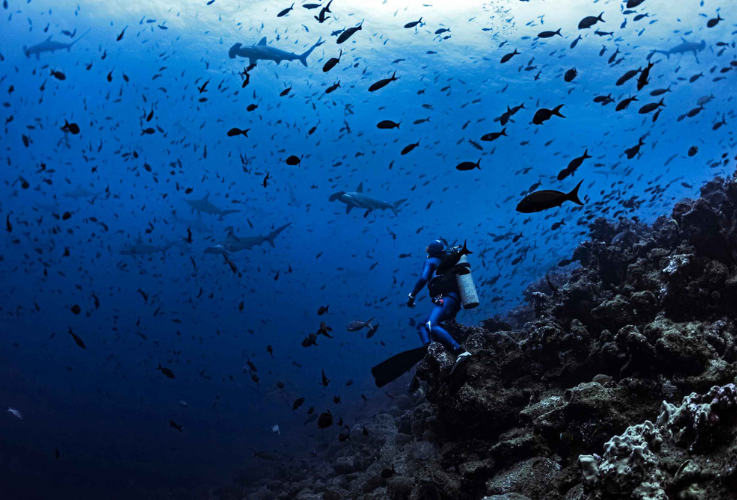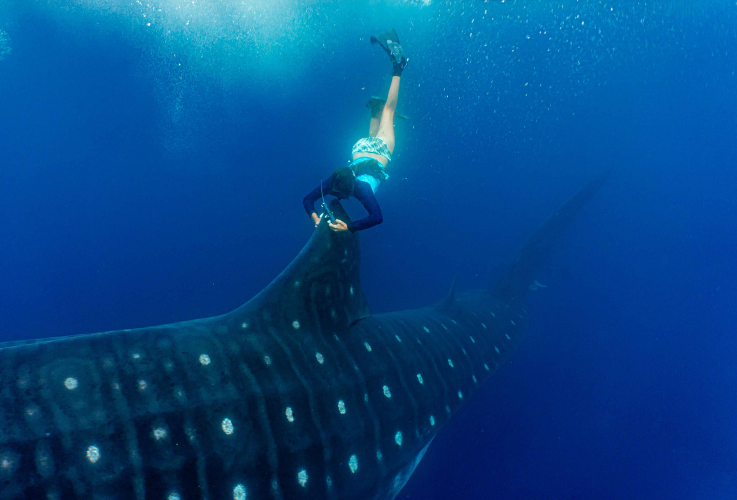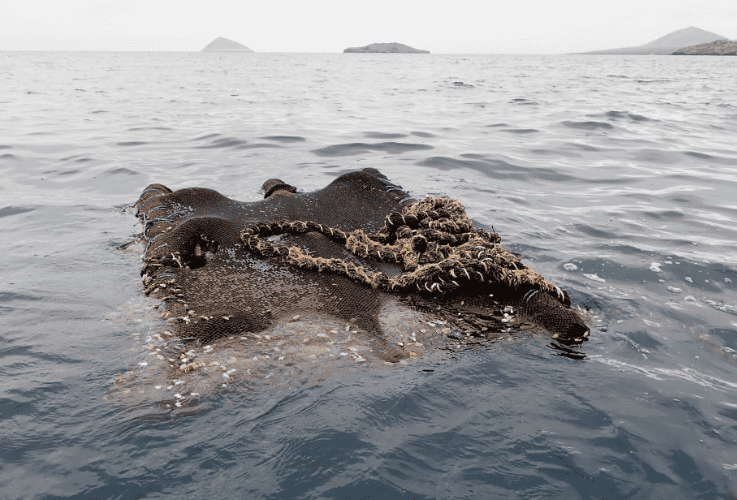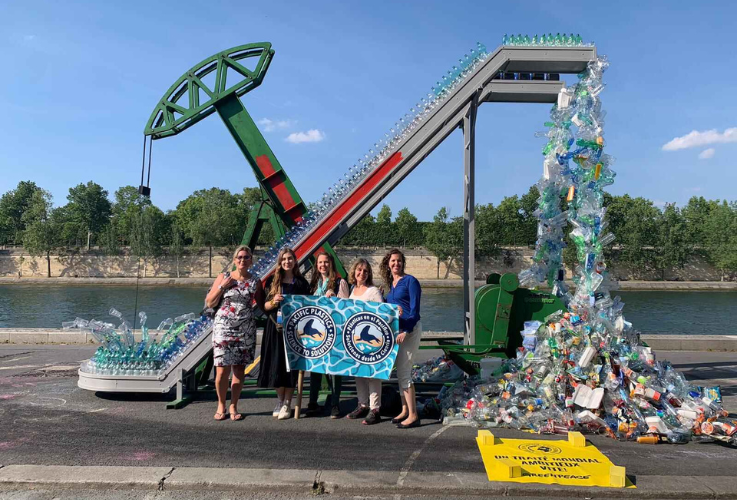Sharks and Rays
Sharks in the oceans outside the protected areas of the Galapagos Marine Reserve are being decimated by fishing. These often misunderstood creatures are vital for the health of our oceans and it is vital to protect them and ensure their young can survive as we try to address wider issues.
Last year, several shark and ray nursery sites in Galapagos were designated as Important Shark and Ray Areas – the first ones in the world to be given this status. A few years ago, before the research and drone surveys supported by GCT, we didn’t even know that these vital pupping areas existed here. This designation is a fabulous first step to helping the baby sharks and rays which are often found in areas of shallow mangroves.
